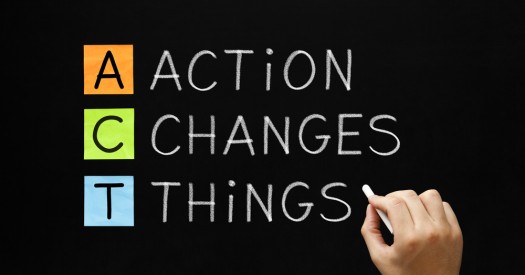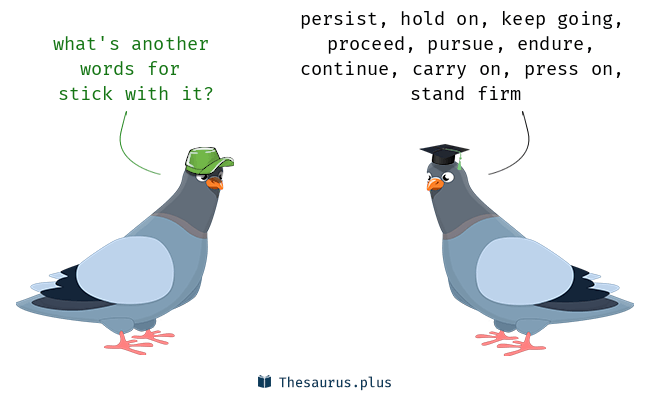“You are so disrespectful!”
“Don’t be so noisy!”
“You are so clumsy!”
“Why can’t you just do what I tell you to do?”
“You never listen!”
“Stop being so annoying.”
Harsh words. Even harsher is that we are labeling a child or teen as a person. Said often enough, these types of words and labels can be how a child or teen begins to see themselves as a person.
But certainly, we need to help a child or teen learn to identify and change behaviors or their choices that will have a negative impact on them as they move through life. It is much easier than you may think. All we have to do is switch from accusations to descriptions.
This is how it sounds when you describe the action or behavior that you would like to see changed, versus the person doing the action or behavior.
“That sounded really disrespectful and I do not allow people to speak to me that way. I’ll be ready to listen when the tone has changed.”
“The volume on the tablet is way too loud and hurting my ears. I would like it turned down or earbuds put in. Thank you.”
“Oh man. Everyone spills stuff sometimes. What can you do to fix it? (and help the child or teen grab some paper towels and clean it up.”
“It seems to me that there is some avoidance going on about what needs to get done. No one likes to do chores, I know. What’s the first step to getting it done so you can do what you want again?”
“There are times when I feel as though my words are not being listened to very well. This is one of them. I need my words to be listened to so that I can tell you something important.”
And, “That (name the action) is very annoying and not okay to continue to do when it’s been requested that it stop.”
It’s easy to hear the difference. It will be easy for your child or teen to hear the difference, too.










